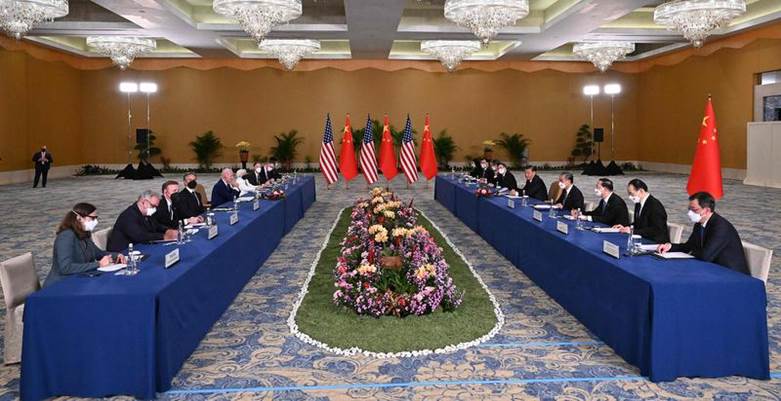Free Courses Sale ends Soon, Get It Now


Free Courses Sale ends Soon, Get It Now



Copyright infringement not intended
Context: 20 leaders have issued a very long declaration in Bali, Indonesia, where they highlighted the state of the world’s peace, health and economy and agreed to take steps to tackle them.
Details:
Ukraine War: i
Global economy:
Food security:
Energy security:
Climate change:
Health:
Digital Economy:
International finance architecture:
Workers:
SDG:
Tourism:
Culture:
Corruption:
Terrorism:
We appreciate and thank Indonesia for its Presidency and for successfully hosting the Bali G20 Leaders’ Summit and for its contribution to the G20 process. We look forward to meeting again in India in 2023, in Brazil in 2024 and in South Africa in 2025.
© 2024 iasgyan. All right reserved